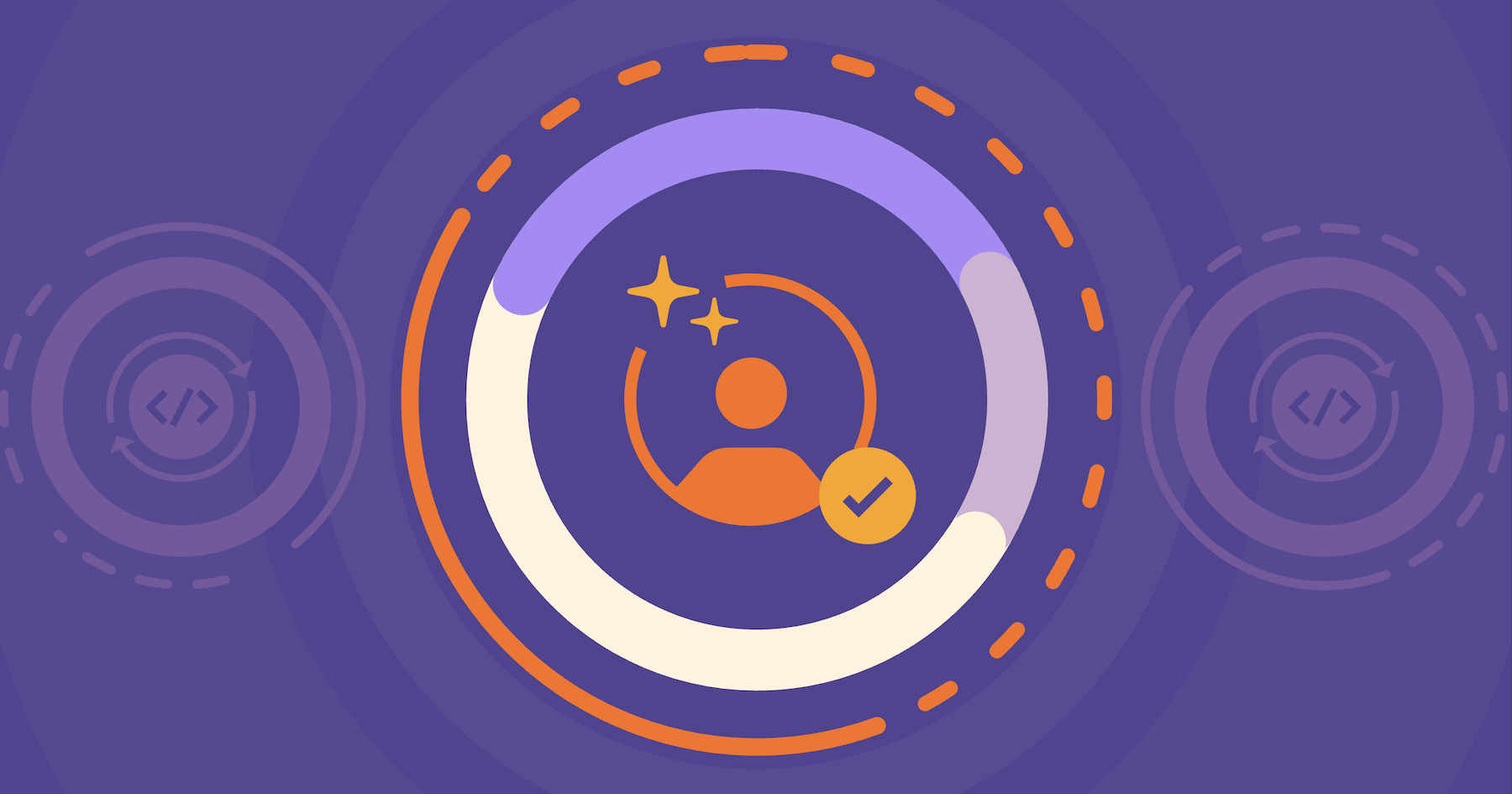After two years of AI hype, the reality is sobering. While executives estimate significant revenue increases from AI adoption, developer satisfaction with AI tools is declining from over 70% in 2023-2024 to just 60% in 2025. The problem isn't AI itself; it's how enterprises are implementing it.
Most organizations deploy AI as isolated point solutions focused on code suggestions, lacking the context needed to account for all aspects of your development environment. These tools are layered onto existing dysfunctions such as tool sprawl, siloed teams, technical debt, and understaffing, amplifying rather than solving underlying organizational problems.
The hidden cost of AI point solutions
Enterprise organizations manage approximately 254 tools, with IT departments juggling 61 tools directly. When AI solutions are added to this complex ecosystem, they create additional maintenance burdens rather than productivity gains.
The security implications are equally concerning. With one security team member for every 80 developers, organizations face governance fragmentation, declining code scrutiny, expanded attack surfaces, and complex data handling requirements across multiple AI platforms.
Enter agentic AI: The next evolution
Agentic AI represents a fundamental shift from reactive tools to autonomous systems that can plan, execute, and adapt without constant human guidance. Unlike traditional AI assistants that only respond when prompted, agentic systems independently initiate actions, make decisions within defined boundaries, and coordinate complex workflows across your entire technology stack.
The key differentiator is access to unified enterprise data. While point solutions operate in isolation, agentic AI platforms leverage your organization's complete knowledge graph, connecting code repositories, deployment pipelines, security scans, and business requirements. This comprehensive context enables truly intelligent decision-making rather than simple pattern matching.
Measurable business impact
Early adopters are already seeing transformative results. Development teams can achieve significant productivity gains through intelligent automation, and organizations report cost savings that pay for AI investments in less than two years. The benefits extend beyond productivity:
- Revenue growth: Features delivered faster due to AI acceleration directly impact bottom-line results
- Security enhancement: Automated vulnerability detection and remediation reduce organizational risk
- Cost efficiency: Tool consolidation and process automation eliminate operational overhead
- Developer satisfaction: Teams focus on strategic work rather than repetitive maintenance tasks
The enterprise imperative
Organizations that don’t take advantage of the next wave of AI innovation risk losing ground to competitors using autonomous agents to build secure software faster and at lower cost. Success requires moving beyond point solutions toward unified platforms that provide comprehensive lifecycle context and seamless workflow orchestration.
Read our comprehensive guide to learn why leading enterprises are implementing agentic AI and how it helps organizations achieve unprecedented productivity gains while strengthening security postures. Discover the frameworks, metrics, and strategies that turn AI from a collection of isolated tools into a unified intelligence platform that drives measurable business outcomes.
Download your copy today and step into the era of truly intelligent software development.
Get instant access to the full guide below:
Resources
Transform development with agentic AI: The enterprise guide
Key takeaways
- Experienced developers take 19% longer with current AI tools. Point solutions create tool sprawl, security gaps, and fragmented workflows that amplify organizational problems rather than solving them.
- Unlike reactive AI assistants, agentic AI systems plan, execute, and adapt independently. They coordinate complex workflows across your entire tech stack with full contextual awareness.
- Organizations report a 44% increase in revenue from AI adoption, with 943 hours saved annually. Agentic AI platforms deliver measurable business impact through unified intelligence.
